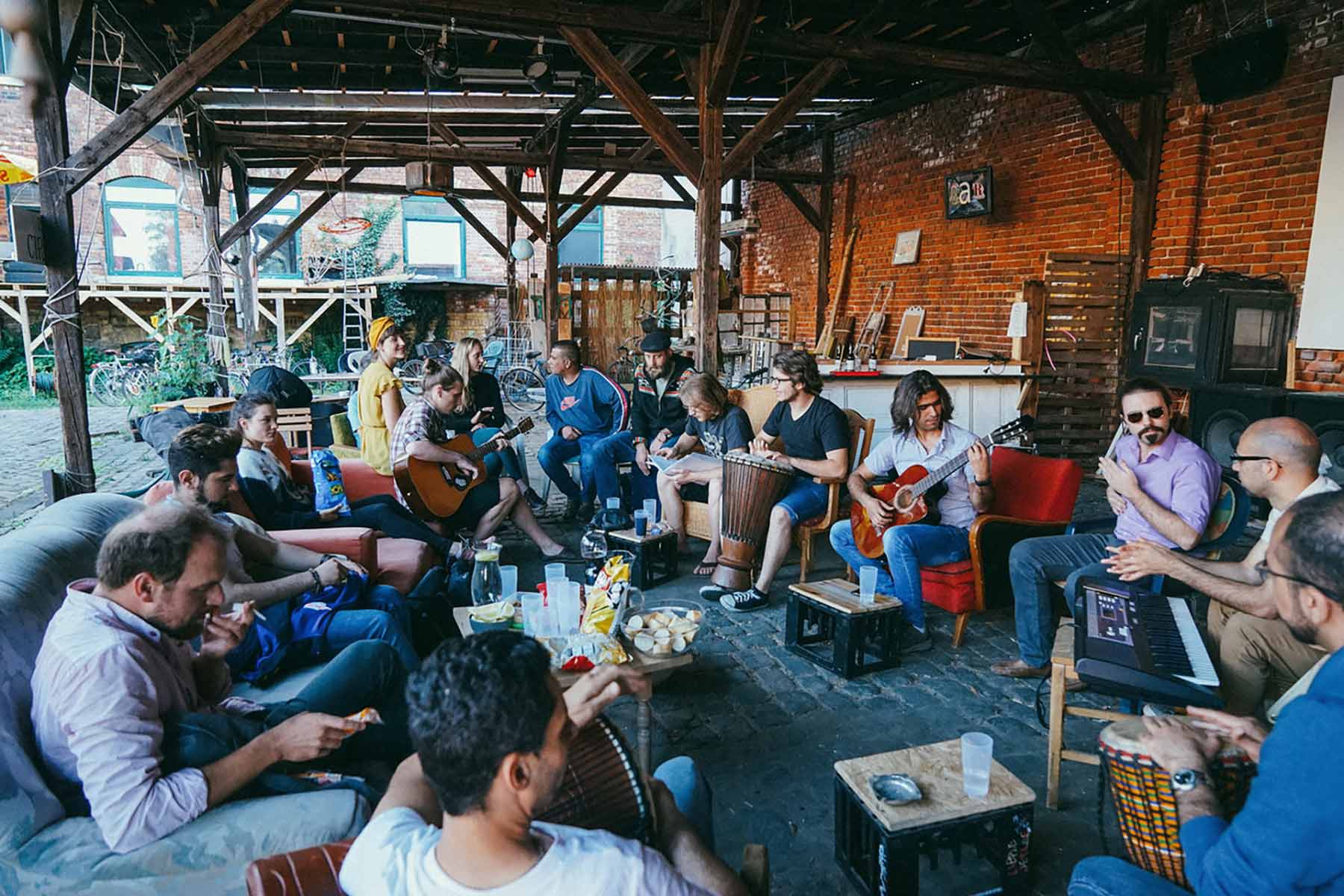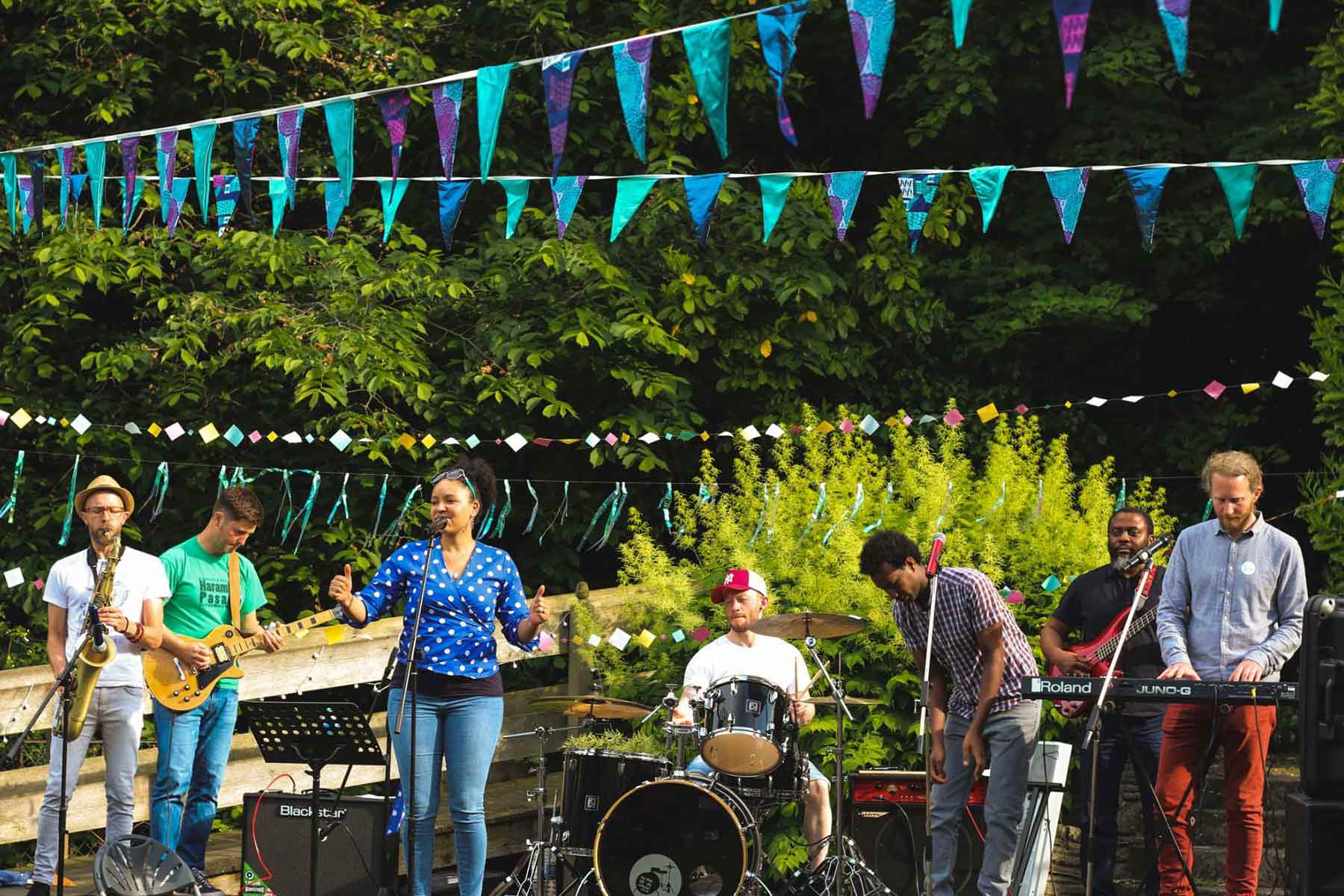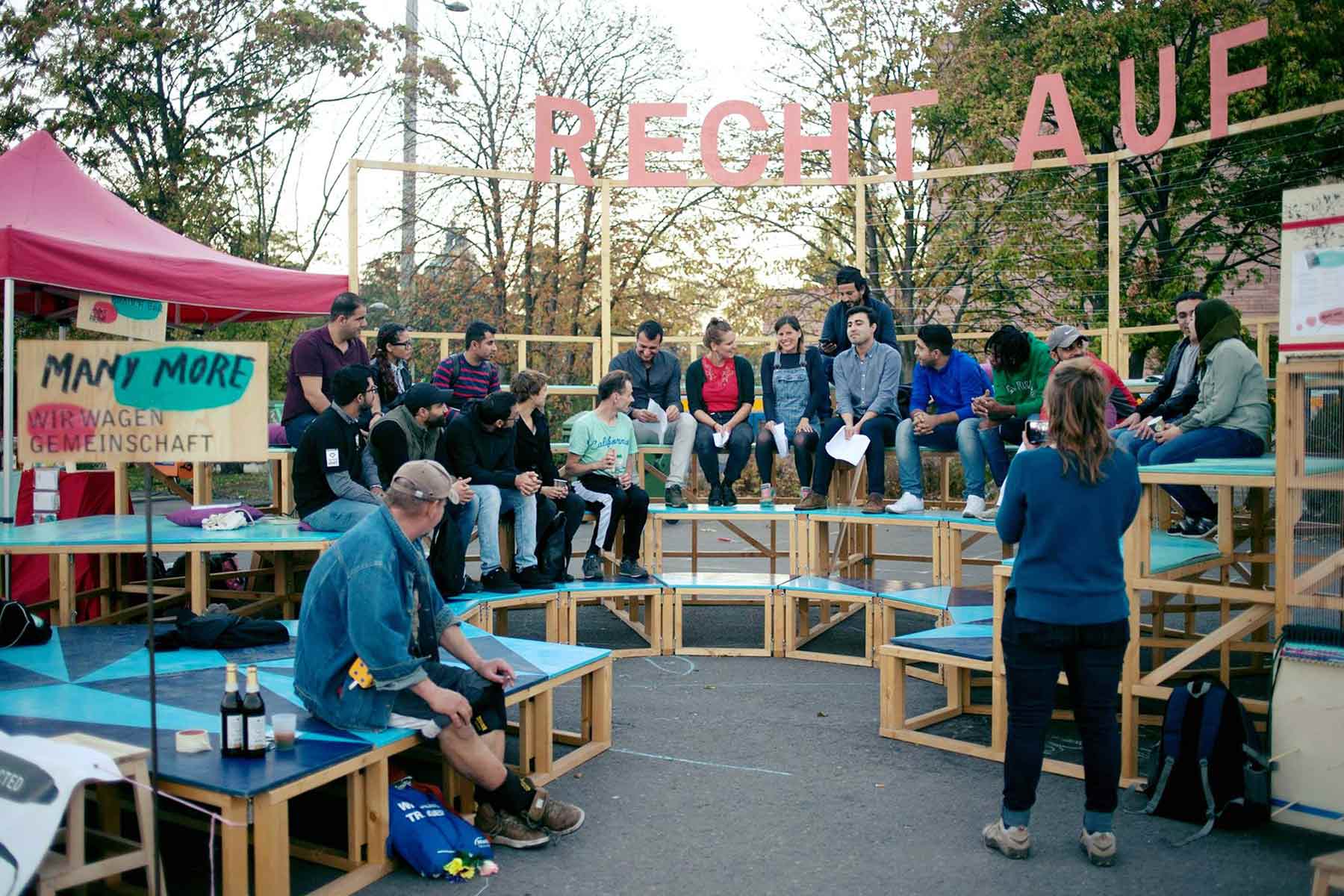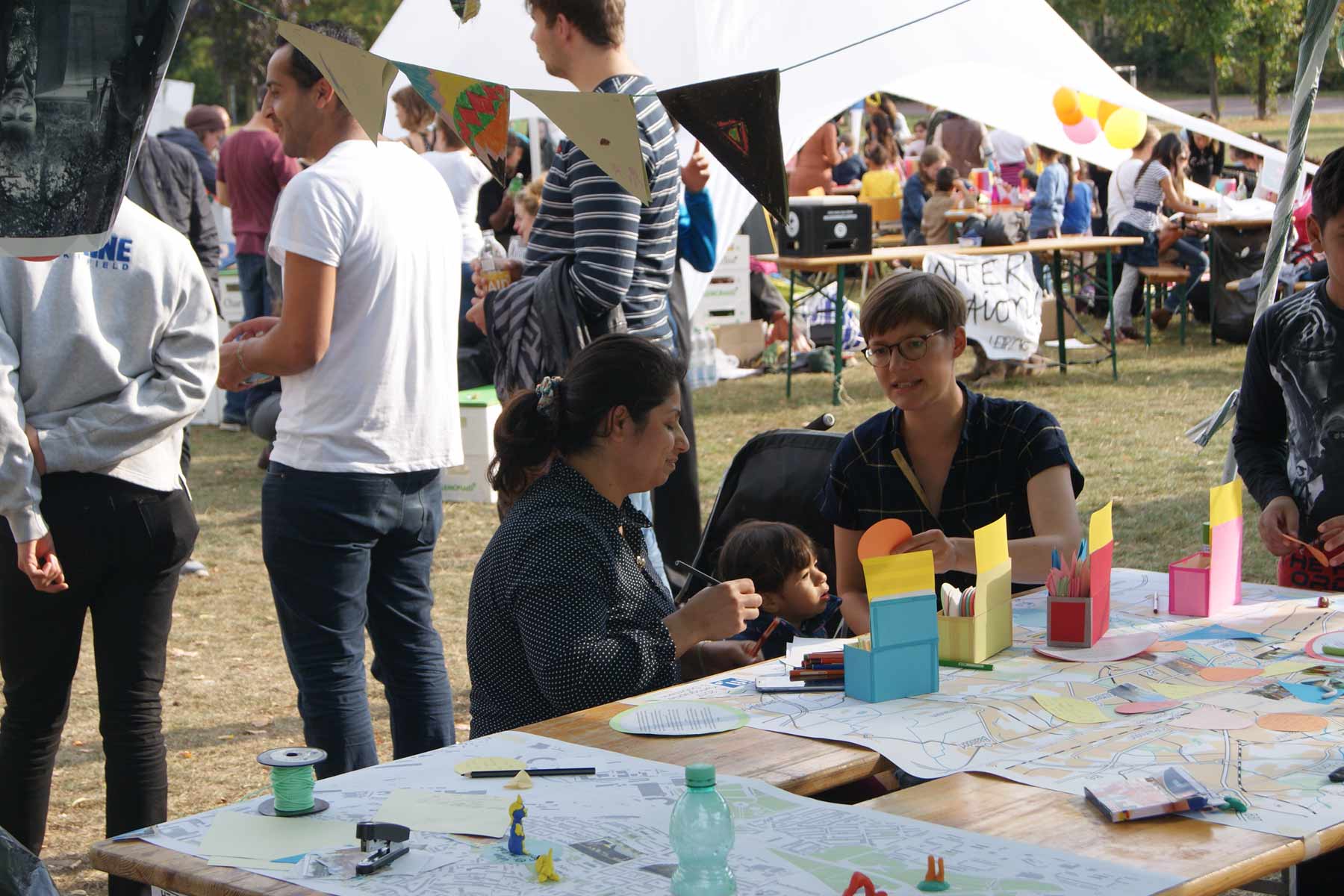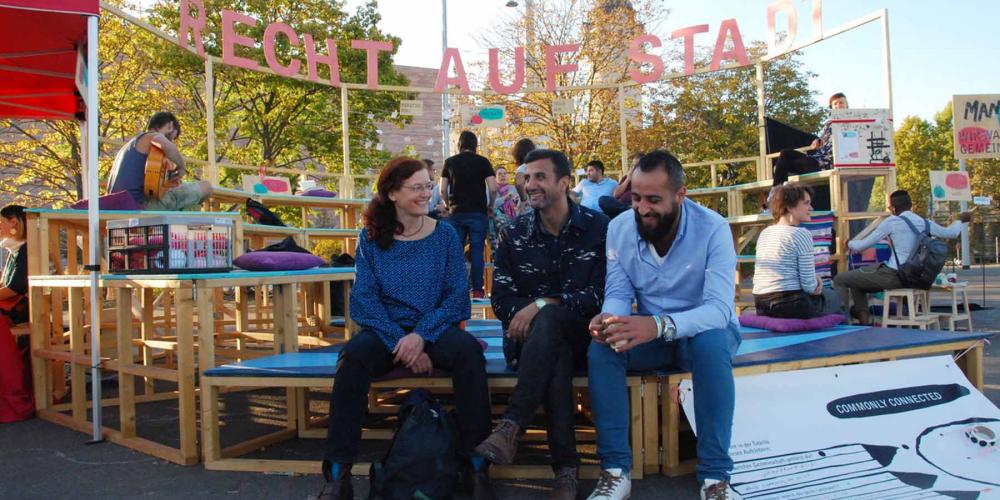
The everyday experiences of young refugees and asylum seekers in public spaces
In this project we aim to explore the issue of refugee youth, public space and integration in Europe. We will answer important questions about the role that arts and cultural initiatives play in the lives of refugee youth and their engagements with public space.
We also focus on refugee youth’s stories of home-making, their interaction with arrival structures and their negotiations of inclusion and exclusion in public spaces. In doing so, we consider refugee youth’s migration histories as well as new spaces for urban citizenship, how these emerge in the city and the role these play in European integration. We will work collaboratively and transnationally with our 10 Associate Partners to explore refugee youth’s reworking of public space and to develop more inclusive urban citizenries. Our project is informed by qualitative and participatory methods with refugee youth including participant observation, interviews and group discussions alongside an innovative suite of creative methods including mental mapping, walk-along interviews, photography and digital storytelling. We will also interview stakeholders working in arts and cultural initiatives. Our ambitious dissemination strategy includes eleven academic outputs (including 8 peer-reviewed international journal articles, an edited collection, an online methodological toolkit and a project website) coupled with diverse outputs for non-academic audiences. These include: transnational networking meetings and local workshops with our Associate Partners; policy and stakeholder workshops and an educational toolkit for policy makers and educators; and exhibitions, animated videos, common language articles and fully staged performances all of which are aimed at general audiences. We contribute to the ‘Public Spaces: Culture and Integration in Europe’ theme directly through a critical in-depth exploration of refugee youths relationships with and understandings of public space in four European cities: Newcastle (UK), Leipzig (Germany), Amsterdam (Netherlands) and Belgium (Brussels).
Prof. P.E. Hopkins
Project Leader
Newcastle University
United Kingdom
